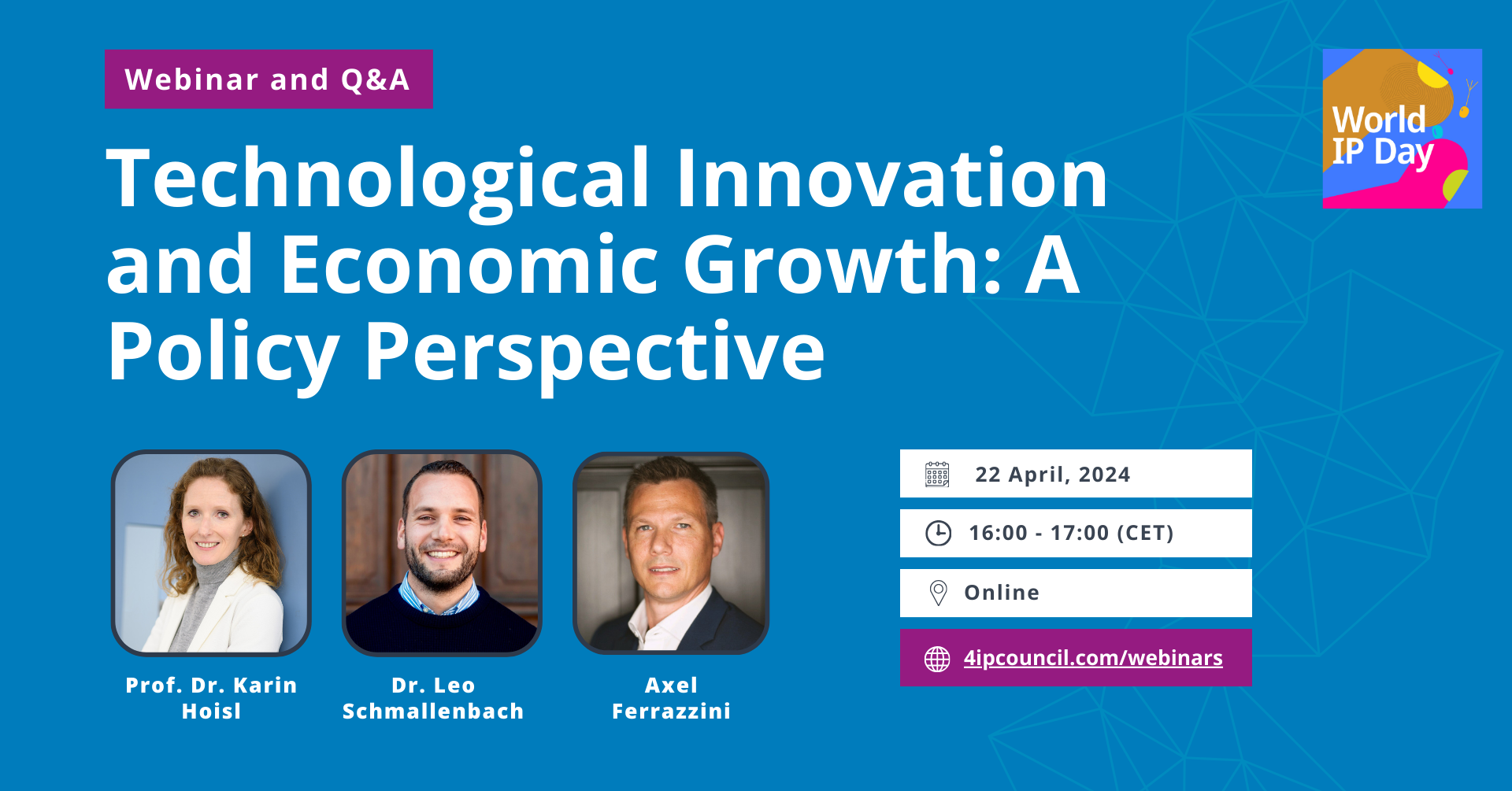I. Introduction
Modern knowledge-based economies increasingly rely on standards upon which innovative
products are built. Standards allow businesses to benefit from economies of scale, to specialise
in what they do best and invest in product differentiation. Standards reduce barriers to trade, create open
markets and a level playing field, thus spurring competition and innovation. Consumers also reap substantial
benefits from standardisation, in terms of lower prices, wider and interoperable product variety and more innovation. Standards can be arrived at either through unmediated market competition processes as de facto standards, or through industry coordination within standards-development organisations (SDOs.)
In a consensus-driven process SDOs select the best technologies amongst technical contributions resulting
from substantial R&D investment, with a view to solving complex technical problems raised in standards
development. Although open and accessible to all interested parties to implement, standards often comprise proprietary technologies contributed by technology sponsors. In particular, innovative ICT standards
involve hundreds or even thousands of patents reading on standards specifications, without access to which
implementation is technically impossible. Standard-essential patents (SEPs) enable innovators
and contributors to benefit from positive externalities from standardisation and earn a fair return on their
investment in R&D. Standardisation has facilitated the emergence and growth of a vibrant and open innovation marketplace, bringing together contributors of cutting-edge technologies and suppliers of innovative consumer products and services. This has only been possible thanks to the commitment
of contributors to make their technology essential to the standard accessible on Fair, Reasonable and
Non-Discriminatory (FRAND) terms and conditions. Its significant benefits notwithstanding, collaborative
standardisation is a costly and risky affair. Meaningful involvement in SDOs and their working groups requires substantial investment in R&D and in human capital, including highly specialised and experienced
standardisation experts. Such challenges to effective participation are especially pronounced for small and
medium-sized enterprises (SMEs). SMEs form the backbone of European economies. The 23 million
European SMEs account for 98 percent of businesses and provide for around 80 percent of private-sector
jobs in Europe. But SMEs’ involvement in standardisation fails to reflect their paramount importance for
jobs and growth; SMEs lag behind bigger companies in standardisation. A major reason for SMEs’ secondary role in collaborative standardisation is technological complexity and the scale of investment needed to develop a competitive technological platform.







